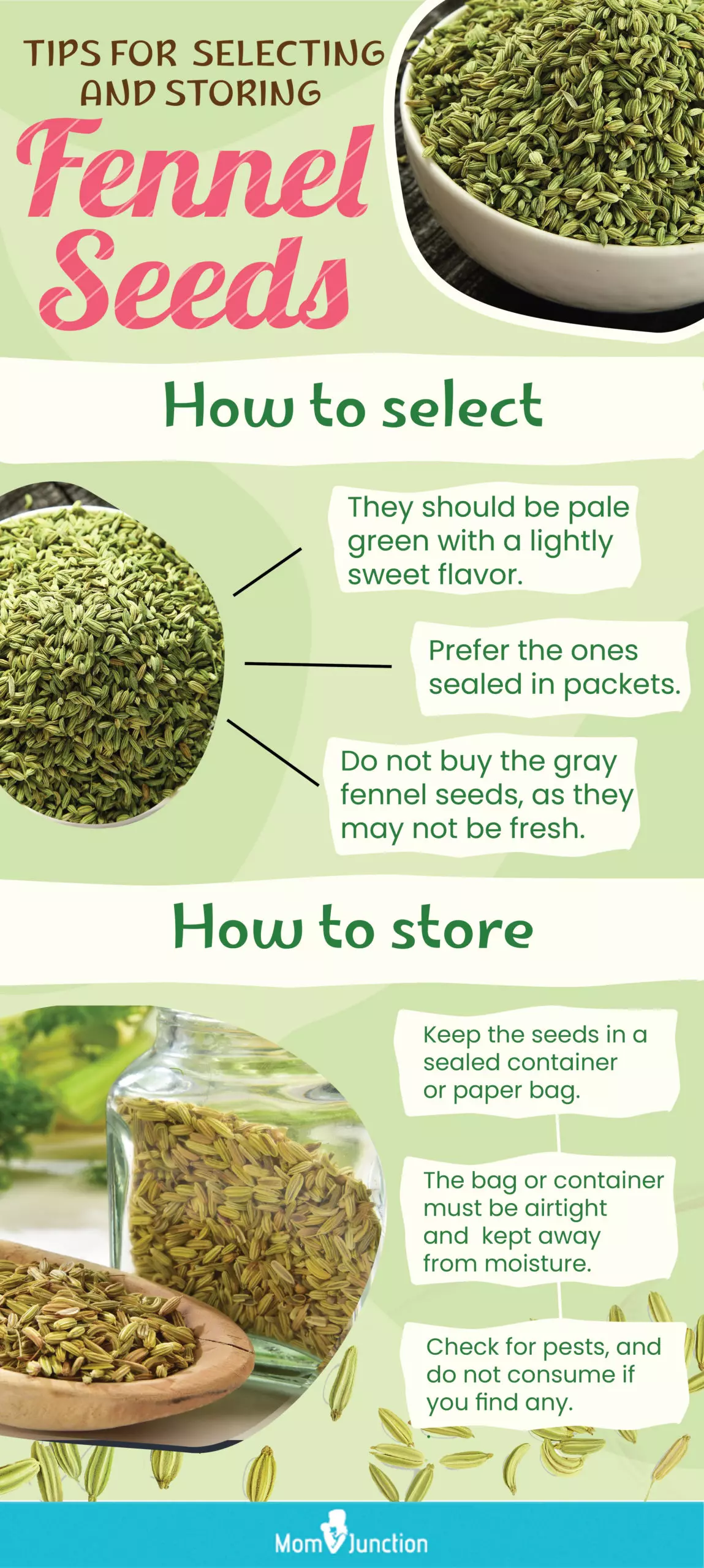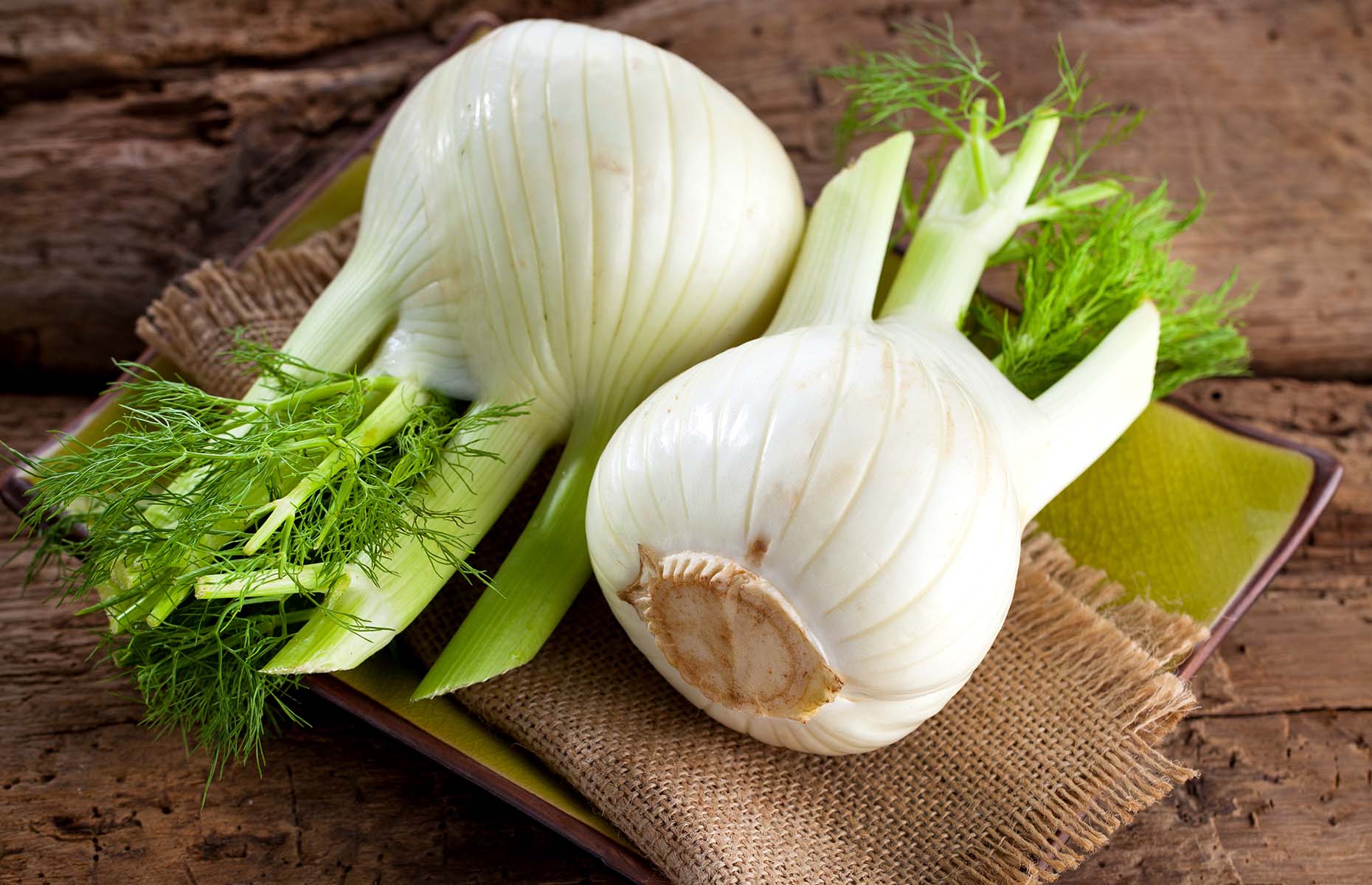Delving into the world of fennel - a plant with a plethora of health benefits, diversified uses, and potential side effects - is an enlightening journey.
Editor's Notes: "Complete Guide To Fennel: Health Benefits, Uses, And Side Effects" has been published today. This topic is imperative to understand because fennel has been used for hundreds of years to reduce gas, bloating, and colic. It can also help to improve digestion, boost the immune system, and reduce inflammation.
Through meticulous analysis and diligent information gathering, we have crafted this comprehensive guide to empower you with the knowledge necessary to make informed decisions regarding fennel.
| Attribute | Description |
|---|---|
| Scientific Name | Foeniculum vulgare |
| Culinary Value | Seeds, stalks, fronds, and bulb |
| Medicinal Uses | Reduces gas, bloating, colic; improves digestion, boosts immunity, reduces inflammation |
| Potential Side Effects | Allergic reactions, sun sensitivity, potential drug interactions |
Transitioning to the main article topics, we will delve into the health benefits, uses, and side effects of fennel to unravel its complexities.
FAQ
Our comprehensive guide to fennel offers valuable insights into its health benefits, culinary uses, and potential side effects. Read on to discover frequently asked questions and their detailed answers.
Question 1: What are the primary health benefits associated with fennel?
Fennel consumption is linked to numerous health advantages, including improved digestion, reduced inflammation, and enhanced cardiovascular health. Its diuretic properties promote detoxification and may benefit urinary tract health. Additionally, fennel contains antioxidants that protect against cellular damage.
Question 2: How can fennel be effectively utilized in culinary preparations?
Fennel's versatile flavor lends itself to various culinary applications. Its seeds, leaves, and bulb can be incorporated into dishes as a spice, herb, or vegetable. Fennel complements salads, soups, stews, and grilled dishes. Its fresh, licorice-like taste adds a unique dimension to both sweet and savory recipes.

A complete guide to fennel | lovefood.com - Source www.lovefood.com
Question 3: Are there any potential side effects of consuming fennel?
Fennel is generally considered safe for most individuals. However, excessive consumption may trigger allergic reactions in some cases. Additionally, pregnant and breastfeeding women should consult healthcare professionals before incorporating significant amounts of fennel into their diet as its effects on these populations are not fully understood.
Question 4: How should fennel be stored to preserve its freshness and quality?
Proper storage is essential to maintain fennel's freshness. Store fennel bulbs in the refrigerator's crisper drawer for up to two weeks. Trim the base and wrap the fennel in paper towels or a damp cloth for optimal moisture retention. For longer-term storage, fennel seeds can be dried and kept in airtight containers in a cool, dry place.
Question 5: Can fennel be used to treat specific health conditions?
Although fennel has been traditionally used in folk medicine, scientific evidence supporting its medicinal properties is limited. While some studies suggest that fennel may have anti-inflammatory and antimicrobial effects, more research is necessary to establish its efficacy in treating specific health conditions.
Question 6: Is fennel suitable for individuals with certain dietary restrictions?
Fennel is generally suitable for most dietary restrictions. It is naturally gluten-free, making it a viable option for those with celiac disease or gluten intolerance. Additionally, fennel is low in calories and carbohydrates, potentially beneficial for individuals managing their weight or blood sugar levels.
Remember to consult healthcare professionals for personalized advice and guidance regarding the use of fennel for specific health concerns or dietary modifications.
Discover additional comprehensive insights and practical tips in our Complete Guide To Fennel: Health Benefits, Uses, And Side Effects.
Tips
Fennel is a versatile herb with numerous health benefits. Here are several tips to incorporate fennel into your diet and maximize its benefits:
Tip 1: Use fennel as a refreshing tea.
Fennel tea is a soothing and flavorful beverage. Steep fennel seeds or fresh fennel leaves in hot water for 5-10 minutes. Fennel tea has anti-inflammatory, antioxidant, and digestive-supporting properties.
Tip 2: Add fennel to salads and soups.
Thinly sliced fennel bulb or fronds add a fresh, licorice-like flavor to salads and soups. Fennel pairs well with citrus flavors, such as oranges or lemons, and can brighten up hearty winter soups.
Tip 3: Grill or roast fennel as a side dish.
Grilled or roasted fennel caramelizes naturally and develops a sweet, nutty flavor. Season the fennel with olive oil, salt, and pepper for a simple yet satisfying side dish.
Tip 4: Use fennel seeds as a spice.
Fennel seeds are a staple ingredient in many spice blends, such as garam masala. They have a warm, earthy flavor that complements both sweet and savory dishes.
Tip 5: Infuse water with fennel.
Add sliced fennel bulb or fronds to a pitcher of water for a refreshing and detoxifying beverage. Fennel-infused water helps reduce bloating and supports digestion.
Tip 6: Massage with fennel essential oil.
Dilute fennel essential oil with a carrier oil and massage it into the abdomen or feet. Fennel essential oil has anti-spasmodic and pain-relieving properties.
Summary: By incorporating these tips, you can enjoy the numerous health benefits of fennel. From soothing digestive issues to supporting a healthy immune system, fennel is a versatile herb that can enhance your overall well-being.
Transition: For more detailed information on the health benefits, uses, and side effects of fennel, refer to the following article.
Complete Guide To Fennel: Health Benefits, Uses, And Side Effects
Understanding the essential aspects of fennel is crucial for harnessing its benefits and mitigating potential risks. This guide explores key dimensions to provide a comprehensive overview of this versatile herb.
- Culinary Delight: Fennel's aromatic flavor enhances dishes.
- Medicinal Properties: Anti-inflammatory and digestive benefits.
- Health Conditions: Supportive role in managing certain health conditions.
- Nutritional Profile: Rich in vitamins and minerals.
- Cautionary Measures: Interactions with medications and potential allergic reactions.
- Home Remedies: Traditional uses in herbal preparations.
These aspects highlight the multifaceted nature of fennel. Its culinary applications make it a flavorful addition to meals, while its medicinal properties offer potential health benefits. It's important to consider fennel's nutritional profile, health conditions it may support, and potential side effects to ensure safe and effective use. By understanding these key aspects, individuals can make informed decisions about incorporating fennel into their diet or herbal remedies.

Fennel Seeds During Pregnancy: Uses And Possible Side Effects - Source www.momjunction.com
Complete Guide To Fennel: Health Benefits, Uses, And Side Effects
Fennel, a versatile plant belonging to the carrot family, holds significant medicinal and culinary value. Its distinct licorice-like flavor and aroma have made it a popular ingredient in various cuisines worldwide. This comprehensive guide provides a thorough overview of fennel, exploring its rich nutritional profile, therapeutic applications, and potential side effects.

A complete guide to fennel | lovefood.com - Source www.lovefood.com
Fennel's health benefits are attributed to its abundance of essential nutrients, including vitamins, minerals, and antioxidants. As a rich source of vitamin C, it supports immune function and protects against oxidative damage. Its high fiber content aids digestion, promotes satiety, and helps regulate blood sugar levels. Additionally, fennel contains compounds like anethole and fenchone, which have been found to possess anti-inflammatory and antimicrobial properties.
Fennel has been traditionally used for its therapeutic value in various cultures. In traditional Chinese medicine, it is employed to alleviate digestive issues, improve sleep, and boost energy levels. Western herbalists recommend fennel for its potential benefits in respiratory conditions, such as asthma and bronchitis. Studies have also shown that fennel extract may help reduce menstrual cramps and enhance cognitive function.
While fennel is generally safe for consumption, it is essential to be aware of potential side effects. Excessive intake may lead to gastrointestinal upset, such as gas, bloating, and diarrhea. In rare cases, fennel can cause allergic reactions or interact with certain medications. As always, it is advisable to consult a healthcare professional before using fennel for medicinal purposes.
This comprehensive guide offers a valuable resource for individuals seeking to incorporate fennel into their diet or explore its therapeutic potential. By understanding fennel's health benefits, uses, and side effects, readers can make informed choices and harness the power of this versatile plant.
| Nutrient | Health Benefit |
|---|---|
| Vitamin C | Boosts immunity |
| Fiber | Promotes digestion |
| Anethole | Anti-inflammatory |